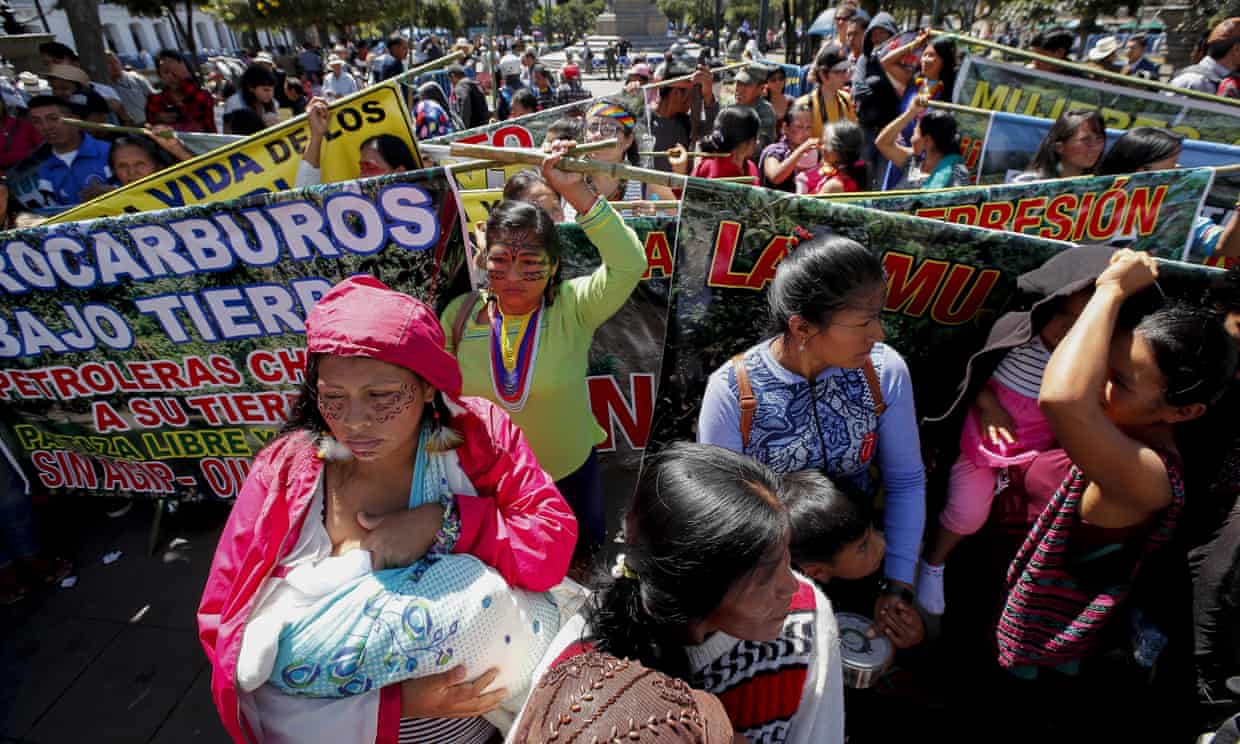By: Brian Kim
Impunity Watch Reporter, Asia
SINGAPORE, Singapore – Singapore’s government has responded to the 2017 Human Rights Watch (HRW) report, which alleged “creative repression” inside the city-state. The report suggested that the government is actively silencing political oppositions. Moreover, many groups have criticized the government for using laws to limit free speech.

In response, the Ministry of Law stated that “HRW’s stance is disappointing, but not surprising. HRW has a pattern of issuing biased and untruthful statements about Singapore.” In addition, the government discredited the report by stating that the report “cannot be taken seriously as a commentator or interlocutor on issues relating to Singapore.”
Vikram Nair, a member of the parliament, also wrote to the Select Committee on Deliberate Online Falsehood that the report “seems to advocate the use of false and fabricated allegations in political discourse… Singapore looks and feels different from many other countries. We stand out for our efficiency, the educational and social development of our population, the real freedoms that our people enjoy: the freedom from want, the freedom from deprivation, the freedom to walk around without fear of crime.”
Many believe that Singapore’s proposed anti-fake news legislation was taken into consideration. Although the details have not been finalized, the critics believe that the new law could allow the government to exert more influence over the country’s media. Reporters Without Border (RSF) also commented on the country’s already “draconian laws.”
At the Select Committee on Deliberate Online Falsehoods hearing, representatives from Google, Twitter, and Facebook warned against the proposed legislation.
In comparison to 180 countries, the World Press Freedom Index for 2017 ranked Singapore at 151.
For more information, please see:
Rappler – Human Rights Watch ‘biased’ and ‘untruthful’ – Singapore – 23 March, 2018
Asian Correspondent – Singapore calls Human Rights Watch ‘biased and untruthful’ – 26 March, 2018



